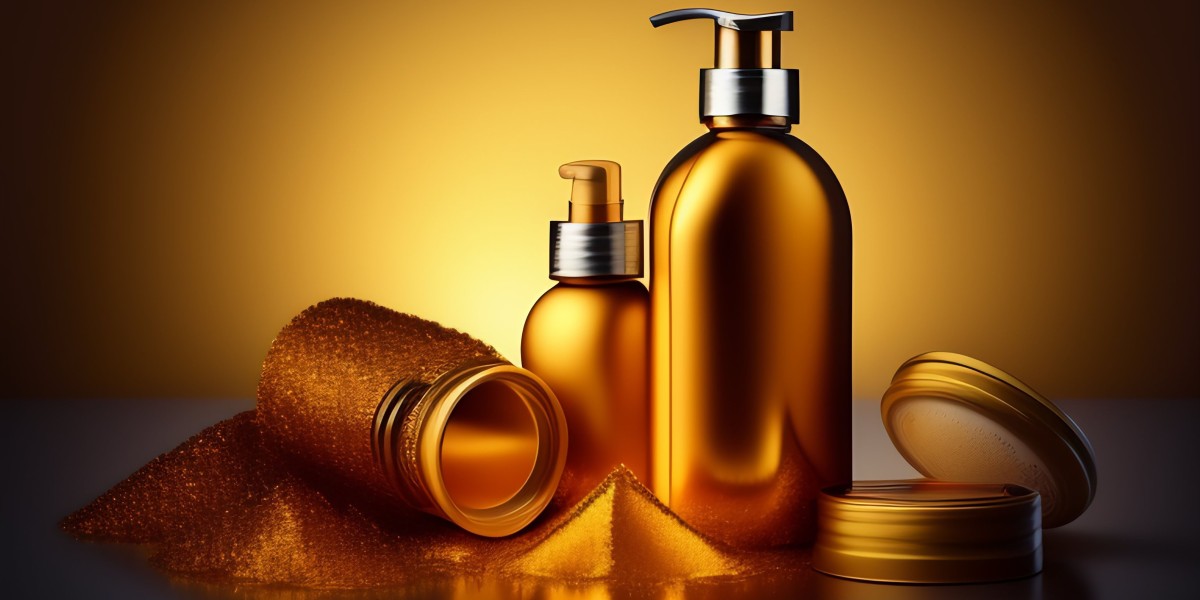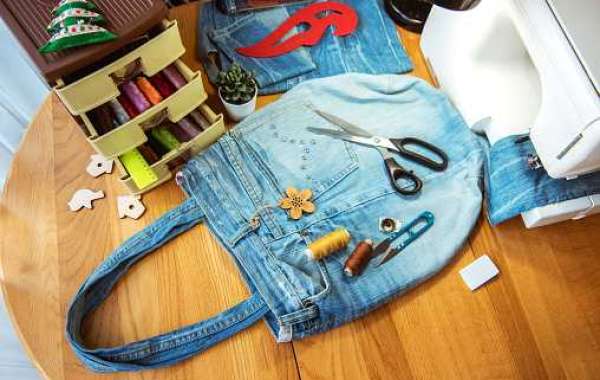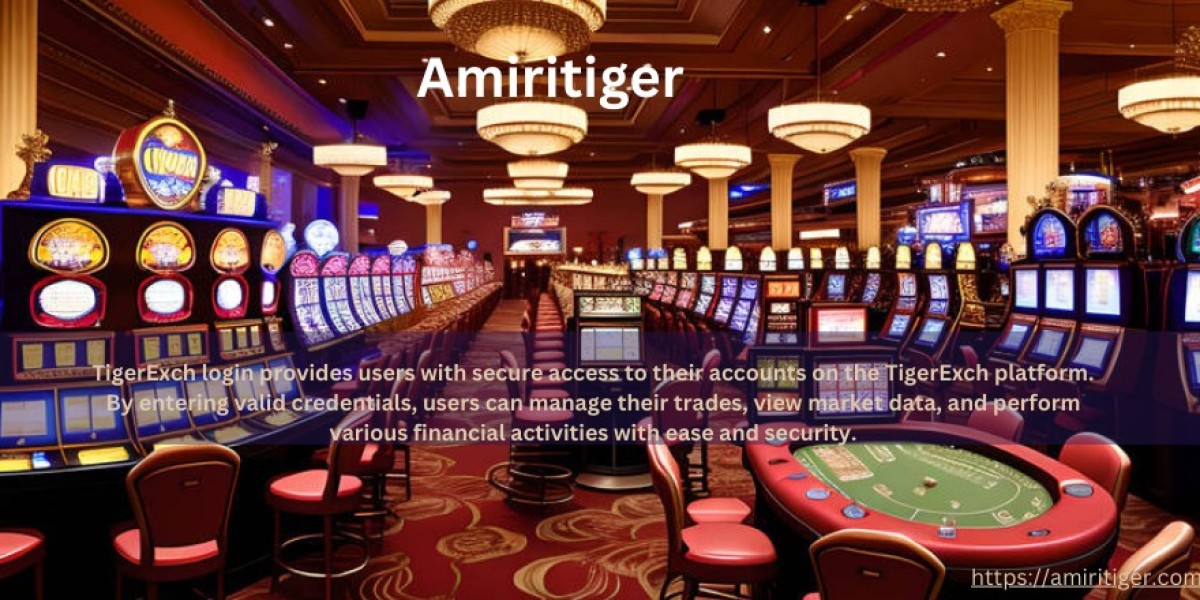The Growing Demand for Luxury Beauty Products
Over the past decade, the cosmetics industry has seen a huge surge in demand for premium and luxury beauty brands. Where makeup was once viewed as a necessity, it is now being treated as a hobby and a form of self-care by many consumers. According to market research firm Euromonitor, the global prestige beauty market was valued at over $65 billion in 2021 and is projected to continue growing steadily in the coming years.
Several factors have contributed to the popularity of premium cosmetic brands. For one, consumers now have more disposable income and are willing to spend extra on high-quality products that they believe will give better results. There is also greater acceptance of using makeup to express creativity and individuality. Social media platforms like Instagram and YouTube have further fueled this interest in beauty as many influencers promote and review exclusive makeup lines.
The increasing prioritization of skincare over makeup has also played a role. Premium skincare products are associated with more advanced formulations and ingredients to deliver tangible anti-aging benefits. As the average consumer becomes more educated about ingredients and willing to pay more for perceived effectiveness and luxury, clean formulas from high-end brands have captured their attention.
Compared to drugstore brands, premium cosmetics are able to communicate an image of refinement through sophisticated packaging, exclusive partnerships with celebrities and makeup artists, and an aura of exclusivity overall due to their often higher price points. All of these elements have helped upscale brands penetrate the mainstream market and establish themselves as symbols of prestige, lifestyle attainment and self-indulgence.
Crafting An Air of Luxury and Experience
A key strategy employed by premium cosmetics brands is cultivating an luxurious and indulgent shopping experience. Upscale stores and boutiques showcase products almost like fine jewelry through elegant display counters and knowledgeable staff. Thoughtful details like embroidered makeup bags, engraved compacts, and artistic product illustrations foster the impression that one is pampering themselves with more than just makeup.
Brand websites follow a similar formula with their visual presentation being as important as the products themselves. Minimalist, spa-like settings provide an escape from reality. Customization options allow consumers to personalize items into true keepsakes. Attention is paid to all touchpoints with the goal being less about selling and more around making customers fall in love with the brand's vision and story.
Service has become a pivotal part of the appeal as premium brands seek to satisfy an emotional need beyond the purely functional. Complimentary consultations, exclusive discounts and loyalty programs build familiarity and engagement with shoppers. These experiences are what the customer pays extra for rather than just the cosmetics themselves – it is the feeling of being cared for like VIPs.
It is also about curating a certain aspirational lifestyle. Collaboration collections with high-fashion designers present makeup as elevated accessories. Complexion products incorporate natural ingredients sourced from distant locales, adding an exotic mystique. Influencers demonstrate how these multi-tasking cosmetics fit seamlessly into luxurious routines of spas, fine dining and travel. The perception becomes that premium beauty products signal refined taste and access to privileges reserved for the few.
Exclusivity Through Limited-Edition Launches
Part of the premium branding strategy is continually stoking consumer demand through limited product drops and special collections. Devising a sense of scarcity around certain items makes them feel more coveted than others on the shelf. Popular seasons or annual holidays are occasions for exclusives that shoppers do not want to miss out on.
Collabs with in-demand celebrities, artists, or runways shows also get beauty aficionados excited for new launches outside of the usual assortment. Major department stores and boutiques often receive these remixes first, further bolstering the elite allure. For their most die-hard fans and influencers, brands sometimes hold sneak-peek events or host giveaways to generate buzz.
Even basic items undergo periodic packaging makeovers to feel like new purchases rather than just re-stocks. Unique finishes, color palettes and names play on current trends to keep customer interest piqued. Limited batch sizes force speedy decisions from those who do not want to miss the next “it” product. Fomo (fear of missing out) clearly drives revenue in the prestige market based on its cultivation of a cult-like following constantly compelled to collect the latest drops.
While premium cosmetics are not necessarily defined by being inaccessible, the guise of restricted access is certainly an advertising technique that brand loyalty is built upon. It taps into the innate human desires for novelty, status and having what others do not in order to position luxury beauty products on a pedestal worth their high prices according to most consumers.
खोज
- Friendly Websites www.wsisw.com www.bybit.com www.temu.com www.ebay.com www.adsy.com www.iherb.com www.whmcs.com www.secsers.com www.cambly.com www.binance.com www.displate.com www.magenet.com www.gainrock.com www.seoclerks.com www.aliexpress.com www.freelancer.com www.rankranger.com www.wehaveoffer.com www.qrmenutable.com www.coinpayments.net www.linksmanagement.com
लोकप्रिय लेख










